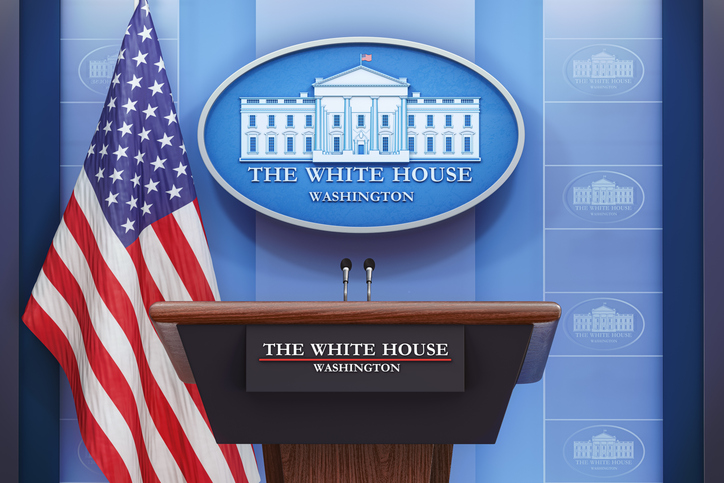2024 was dominated by geopolitical uncertainty, as over 80 countries, between them holding roughly half of the world’s population, voted in pivotal national elections. Meanwhile, interest rates remained at elevated levels for longer than expected due to inflation proving stickier than forecast, leading to increased market volatility.
News and investor sentiment in October and November were dominated by the US election and its outcome, as Donald Trump’s victory stoked expectations of deregulation, tax cuts, and fresh tariffs. While US stock markets rose to new all-time highs, the result also triggered speculation that these policies could fuel inflation and reduce the Federal Reserve’s (Fed’s) scope to cut interest rates.
The Fed voted unanimously to cut its key interest rate by a further 25 basis points to a range of 4.5% to 5% early in November, although Fed Chair Jerome Powell indicated that the Fed is likely to take a gradual approach to monetary easing. Having grown by 3% year on year during the second quarter of 2024, the US economy expanded at an annualised rate of 2.8% during the third quarter, boosted by stronger consumer and government spending.
In the UK, the Bank of England (BoE) cut its key interest rate from 5% to 4.75% at the Monetary Policy Committee’s (MPC’s) November meeting. The members of the MPC voted by eight to one in favour of the cut, and the reduction – the second cut so far this year – was widely anticipated. BoE Governor Andrew Bailey commented: “If inflation remains low and stable, it’s likely that we will reduce interest rates further” but went on to warn: “We have to be careful not to cut interest rates too quickly or by too much.”
The UK’s annualised rate of inflation subsided to 1.7% in September, falling below the BoE’s 2% target, but increased back to 2.3% in October, driven my rising energy bills.
Looking ahead, the BoE warned that inflationary pressures will continue to pick up, underpinned by the impact of Chancellor Rachel Reeves’ Budget; in turn, this could slow down the pace of further interest rate cuts. The MPC believes inflation in the UK will increase to 2.8% in the second half of 2025 and will not return to target until 2027.
The rate of inflation in the eurozone rose from 2% year on year in October to 2.3% in November. Sentiment in Europe was also affected by political uncertainties amid the collapse of Germany’s governing coalition and the resignation of France’s Prime Minister, Michel Barnier, following a vote of no-confidence. Germany did manage to sidestep recession, posting economic growth of 0.2% in the third quarter following its 0.3% contraction in the second quarter.
Closer to home, wages growth in Northern Ireland continued to outpace inflation, with typical monthly pay of £2,258 in October – up 7% or £148 on the previous year. However, Northern Ireland was the lowest earning region in the UK, with the UK average being £2,438 in October.
In the Republic of Ireland, an upbeat Budget delivered on 1 October contrasted with the gloomy UK equivalent on 30 October. Official figures suggest Ireland will run a €25billion surplus this year, partially due to a huge tax windfall from Apple. The outgoing Finance Minister, Jack Chambers, stated that the windfall will be set aside for investment in infrastructure.
We are always available to discuss any queries or concerns, so just call or drop us an e-mail.
This article is for information only and should not be construed as advice or a recommendation. You should always seek independent financial advice prior to taking any action.
The value of your investment can go down as well as up and you may not get back as much as you originally invested.


